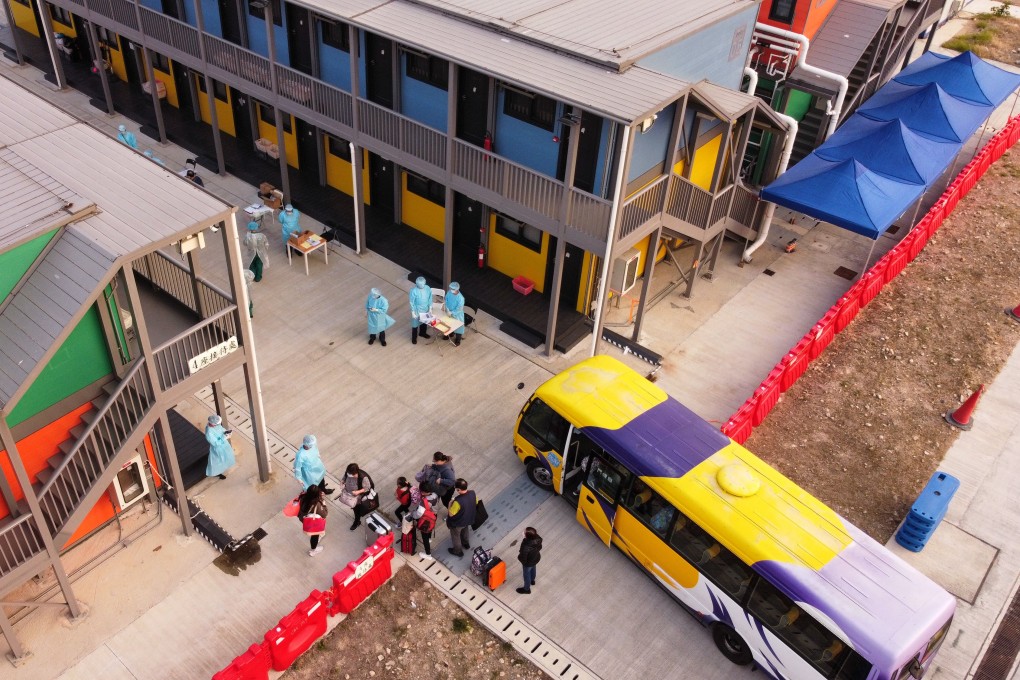Letters | Hong Kong’s Covid-19 ‘partygate’ has a silver lining
- Readers discuss the birthday party scandal, Cathay Pacific’s woes, the need for upright behaviour by public officials, and Hong Kong’s climate change efforts

Catching Covid-19 is not a criminal offence, but those deemed close contacts are being subjected to a mental endurance test. To shut people into a small room and not allow them to leave for a long period of time subjects them to a stressful ordeal, possibly leading to mental trauma.
Residents told to come forward because of a Covid-19 case being found in their vicinity know full well what lies ahead of them. It is certainly not a temporary, relaxing stay at a holiday camp with entertainment and good food thrown in.
With first-hand experience and time on their hands to give it careful thought, I am optimistic their proposals will benefit the rest of us and encourage people to immediately come forward rather than to contemplate how to evade detection.
